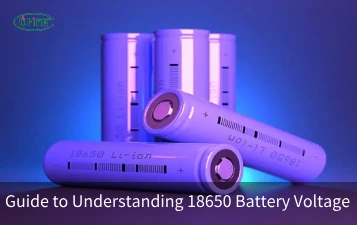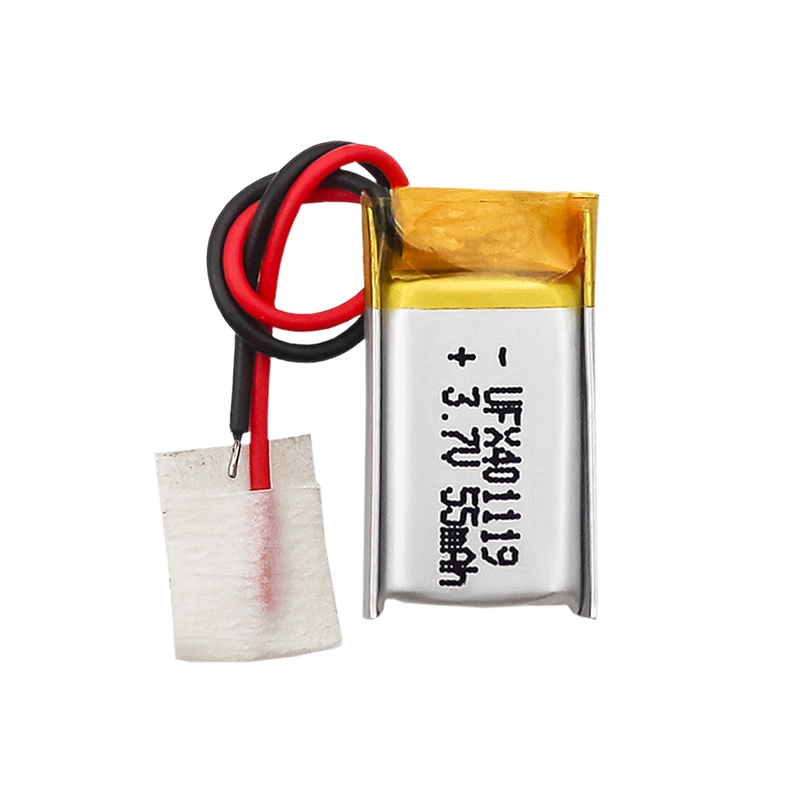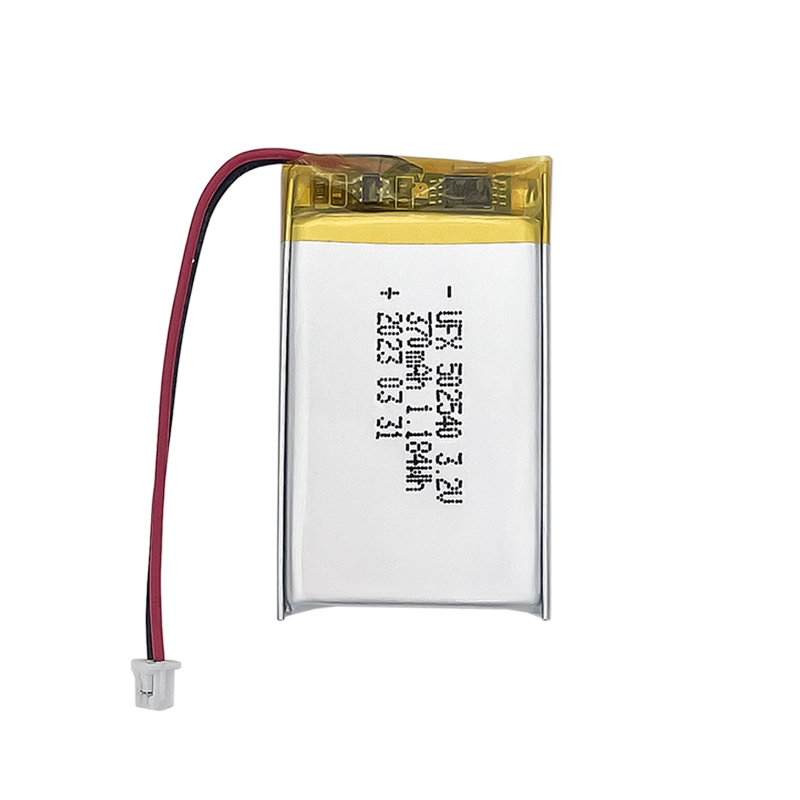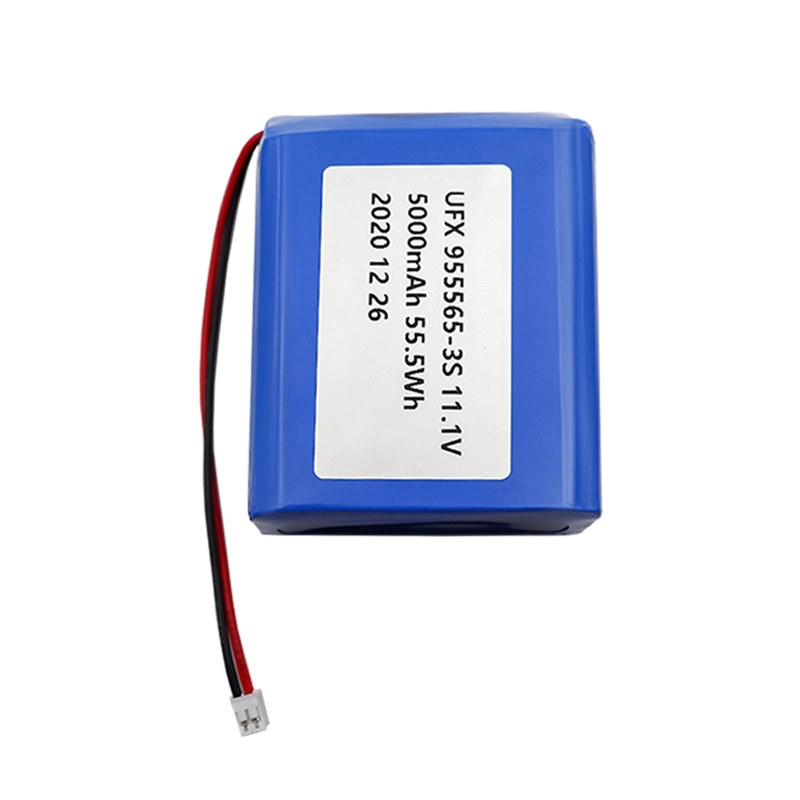
Understanding And Maintaining Your Glucose Meter Battery
Blood glucose meters play a crucial role in monitoring and managing diabetes. The battery powering your glucose meter is essential for accurate and reliable readings.
Importance of Battery in Blood Glucose Meters
The battery in a blood glucose meter is responsible for providing the necessary power to operate the device. A low battery can potentially affect the accuracy of test results. It is crucial to ensure a fully charged battery to obtain reliable readings for effective diabetes management.
Understanding Blood Glucose Meters
A blood glucose meter is a portable medical device used to measure the concentration of glucose in the blood. It allows individuals with diabetes to monitor their blood sugar levels regularly. These devices typically consist of a lancet to draw blood, test strips, and a meter that displays the glucose readings.
Blood Glucose Meter Battery Types
Blood glucose meters commonly use disposable batteries, such as coin cell batteries (e.g., CR2032), due to their compact size and long-lasting performance. Some advanced models may have rechargeable batteries, such as lithium-ion or lithium-polymer, which can be recharged using a charging cable or dock.
Proper Charging of the Blood Glucose Meter
To charge a blood glucose meter with a rechargeable battery, follow the manufacturer’s instructions. Typically, you will need to connect the meter to a power source using the provided charging cable or dock. Ensure that the device is powered off during the charging process, and avoid overcharging to prolong battery life.
Blood Glucose Meter Battery Maintenance
To optimize the performance and lifespan of your blood glucose meter battery, consider the following maintenance tips:
- Keep the battery contacts clean and free from dirt or corrosion.
- Store the meter in a cool and dry place, avoiding extreme temperatures.
- Replace disposable batteries promptly when they are low or depleted.
- For rechargeable batteries, follow recommended charging cycles and avoid deep discharge.
High Energy Density
It stores large amounts of energy in a smaller and lighter package
Longer Cycle Life
Withstands extensive charge and discharge cycles
Low Self-Discharge
Maintains power longer when not in use
Safety
Minimizes the risk of accidents and ensures safe operation
More Information About Glucose Meter Battery
-
What type of battery is in a glucometer?
-
How long do glucometer batteries last?
-
When should I replace my glucometer battery?
-
Is there a rechargeable glucose meter?
Latest Blogs
About Lithium Battery Industry News

Learn About 18650 Battery Life, Weight and Price
Exploring 18650 battery life and weight, where to buy 18650 batteries, and the 18650 battery price range.
2024/04/26 Gerald

Everything You Should Know About 18650 Battery Voltage
18650 battery voltage is one of the important parameters of the 18650 battery. Knowing the 18650 battery voltage is important for protecting the 18650 battery.
2024/04/26 Gerald

XT60 vs. XT90 Battery Connector Comparison
Choose the right battery connector for stable and reliable power connections. Compare XT60 and XT90 connectors: features, pros, cons, and applications.
2024/04/26 Henry





